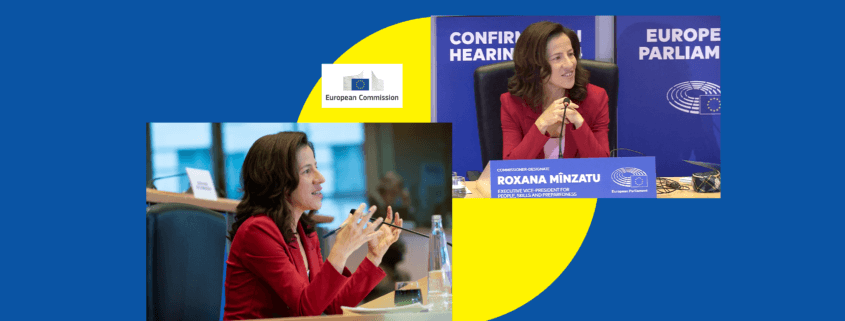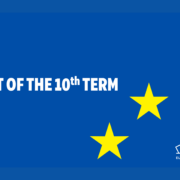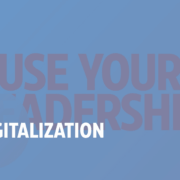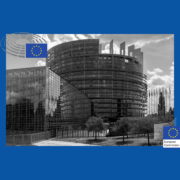Following the view gathered in the Mission letter that Ursula von der Leyen addressed to her, Mînzatu will renew the focus on the European Pillar of Social Rights, aiming for equitable access to quality jobs, fair working conditions, and robust social protections. In fact, the term “quality jobs” appeared several times during her speech.
She expects quality working conditions to be crucial to tackling poverty, supporting vulnerable groups, and addressing homelessness with comprehensive strategies, including lifelong learning, reskilling, and skills programs.
For that, Mînzatu sees Social Dialogue and cooperation with social partners – including trade unions and employer organisations – as the best ways to guarantee fairness in implementing these improvements. CEC European Managers is sending an open invitation to collaborate.
One of the main topics for discussion through Social Dialogue will be regulating algorithmic management and ensuring workers’ rights in the digital era, including the right to disconnect and protections against AI-driven exploitation. Mînzatu wants to address this issue, following the path of EU Commissioner Nicolas Schmit who has been advocating for more regulation and a human-centered approach on AI. This view aligns with that of CEC European Managers, as can be seen in our position paper for purposeful Artificial Intelligence.
To deliver quality jobs, a roadmap emphasizing fair transitions in green and digital sectors, ensuring a just shift for workers affected by economic restructuring, is also expected to be carried out.
European Social Dialogue and Workers’ Rights
Mînzatu stressed the importance and uniqueness of the European model based on inclusive social dialogue, recognizing it as vital for democratic engagement and effective policymaking.
For the EU-Commissioner Designate, Social Dialogue is “useful to anticipate workplace changes, especially in sectors transitioning to green and digital economies, and it is key to establish a legal framework for fair treatment in non-standard work environments, including remote and platform-based work.”
Implications for Managers and Leaders
For CEC European Managers, Mînzatu’s agenda is particularly relevant. As representatives of managers across Europe, CEC expects investment in upskilling initiatives to directly benefit managers leading teams through transitions in technology and sustainability.
Managers and leaders also expect proposals for skills portability and standardized qualifications that will make attracting and retaining talent across borders easier, reminding that only 3,5% of Europeans move to other countries within the single market to work.
The European economy must foster business agility while advocating for stronger worker protections, aiming to align competitiveness with social responsibility.












